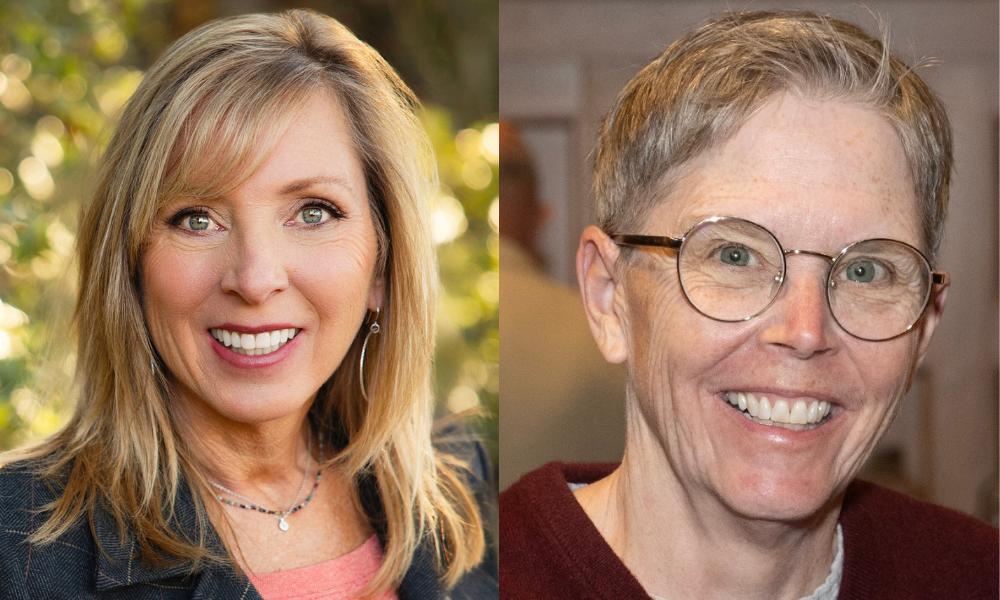

A face-off between the federal government and one of the country's most storied educational institutions could have profound implications for the charitable giving sector – and, by extension, the philanthropic clients wealth firms and advisors work with.
Over the past few weeks, fireworks have exploded between the Trump administration and Harvard University, which has refused to comply with an array of demands from the White House including a ban on face masks, shutting down its diversity, equity, and inclusion programs, and reforming its international admissions process to keep out students who are "supportive of terrorism and anti-Semitism."
While there's some agreement that the ongoing animosity would have minimal, if any implications on families' college planning, at least two voices argue that the latest power move from President Donald Trump, whose administration is now calling on the IRS to rescind Harvard's tax-exempt status, marks a dramatic turning point for the charitable space.
"A federal decision against Harvard stands to disrupt charitable giving as we have known it," Kristin Hull, founder and chief investment officer at Nia Impact Capital, told InvestmentNews in an email.
According to Hull, the Trump administration's recent actions may spur some donors, particularly those who strongly support affirmative action and diversity initiatives, to redirect donations to other nonprofits addressing the needs of a diverse and inclusive society.
"They may shift giving to organizations directly addressing the needs for DEI across sectors," Hull says. "This event is likely to spur donors to reassess giving strategies as well as underlying philanthropic endowment investments."
Last week, Harvard received an apparent torrent of "rage giving," with the Harvard Crimson reporting an average of 88 online donations an hour flowing in at one point.
In the two days between University President Alan Garber's email rejecting the White House's demands last Monday and 9 AM on Wednesday, the school reportedly received $1.14 million from a total of nearly 4,000 online gifts – an unequivocal show of support, but not nearly enough to make up for the billions of dollars in federal funding freezes Harvard faces.
Maggie Kulyk, founder and CEO of Chicory Wealth, called the latest Harvard decision "a blatant continuation of the Trump administration’s systematic dismantling of organizations that have chosen not to back down from threats against DEI and ESG."
"This decision against Harvard is the tip of the iceberg," Kulyk says, maintaining that it "sets a chilling precedent particularly for environmental, human rights, labor rights, and LGBTQ+ nonprofits."
"We expect to see more this week on Trump’s executive orders targeting environmental and climate justice nonprofits," she says.
While she expects more challenges for nonprofits, Kulyk says clients should remember the office of the president cannot unilaterally revoke any organization's tax-exempt status. Stripping that away requires the IRS to undertake an "arduous administrative process," with any attempt at revocation being done on a case-to-case basis.
"Charitable organizations’ funds cannot be frozen at the whim of the president," Kulyk says. "It is very important that individuals and larger foundations not 'obey in advance' by freezing or diminishing their giving."
Given all the current goings-on politically and more widely, Hull says it is "an excellent time" for clients and philanthropic investors to reflect on how their investment strategies "[align] with [their] personal beliefs and what we, as investors, want for the world.
"With foundation donations making up only 5 percent of foundation dollars, looking at the endowment (the other 95 percent) is a key strategy to seek positive impact," she says.
Hull says donors with an interest in diversity strategies should look to diverse managers – strategies run by women and people of color, which she says represent less than 1 percent of AUM industry-wide – as well as invest in companies with diverse leadership.
"Clients and investors can also choose companies' portfolios committed to promoting diverse and inclusive workspaces. Further, investing in solutions-focused companies whose core products and services align with clients' views and beliefs is another key strategy for these times," she adds.
For her part, Kulyk advises investors looking to meet the moment by focusing on smaller grassroots organizations working to protect those most at risk under the current administration.
"I applaud Harvard and other large academic institutions for standing up and pushing back," she says. "But those most in need of funds are the smaller organizations that will be the first to die if the actions of this administration are successful."

Advisors can set their practice apart and win more business with a powerful graphic describing their unique business and value proposition.

The Labor Department's reversal from its 2022 guidance has drawn approval from crypto advocates – but fiduciaries must still mind their obligations.

With $750 million in assets and plans to hire a RIA Growth Lead, Autopilot is moving beyond retail to court advisors with separately managed accounts and integrations with RIA custodians such as Schwab and Fidelity.

Elsewhere on the East Coast, a Boca Raton-headquartered shop has acquired a fellow Florida-based RIA in "a natural evolution for both organizations."

After advising on nearly $700 million in retirement assets, 27-year veteran Greg Mykytyn is bringing his expertise in ESOP and 401(k) plans to the national RIA in Texas.
How intelliflo aims to solve advisors' top tech headaches—without sacrificing the personal touch clients crave
From direct lending to asset-based finance to commercial real estate debt.
